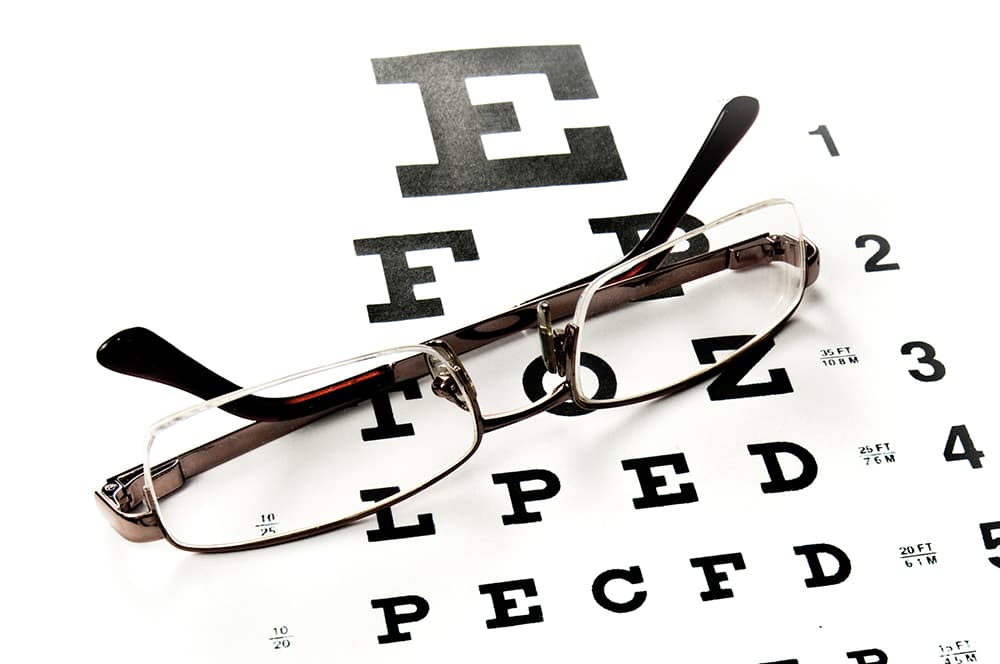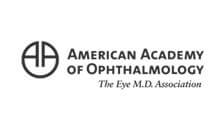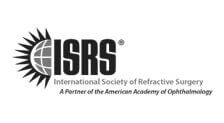Carter Eye Center has your back
February is the month of love and we hope your life is full of it! But besides being the month we celebrate Valentine’s Day, it’s also Low Vision Awareness Month, making it a great time to show some love to one of your most vital senses – your precious eyesight.

Investing some time in learning about the causes and risk factors related to low vision and scheduling an annual comprehensive eye exam for yourself or a loved one is essential to the protection of your vision; especially as you age. If you are someone who cares about your health (and we hope you are!), then learning more about low vision is an important component of good health and wellness.
Low Vision Defined
The American Academy of Ophthalmology (AAO) has this to say about low vision: It is defined as vision loss that cannot be corrected by medical or surgical treatments or conventional eyeglasses or contacts. That means a person with low vision can’t simply put on a pair of glasses or contacts and see well; this condition is beyond the typical loss of vision that occurs with aging.
People who experience low vision can struggle with maintaining their independence; hobbies, reading, driving and even socializing can become harder as vision loss progresses. Because of the impact low vision can have on your life, it’s important to have your eyes checked by a board-certified ophthalmologist if you have any concerns.
Since it is rare to be able to restore vision once it is lost, screenings can help preserve the vision you have and help you access adaptive lenses and devices if you need them. While there is not a cure for low vision, Dr. Carter can help find the root cause of your low vision.
Low Vision Causes
Several different factors and conditions can cause low vision. And while age does play a role, it is not the only risk factor involved. Some common causes of low vision in seniors and adults of all ages include macular degeneration, glaucoma or even a traumatic eye injury. Diabetes can also lead to vision problems and result in low vision. Learning about the conditions related to low vision can help you take proactive steps to protect your sight and may even prevent further vision loss.
Age-Related Macular Degeneration
Age-related macular degeneration (AMD) is a genetic disease associated with aging, where the central portion of the retina (called the macula) deteriorates. AMD is also one of the leading causes of blindness in the United States. It affects your central vision and has a negative impact on everyday activities, such as driving, reading and recognizing faces.
Millions of people are diagnosed with AMD each year; a visit with a board-certified ophthalmologist like Dr. Carter is the right place to start if you are concerned about this condition. He can help you find a retina specialist to guide you through managing this sight-stealing condition.
Macular degeneration is irreversible, so patients who are at risk for age-related eye disorders need to be diligent about their eye care. If you are at risk for AMD, please contact us today. By identifying the early signs of macular degeneration, we can help prevent and treat this disease.
Glaucoma
Another common cause of low vision is glaucoma, which is really a group of eye conditions that cause an increase in intraocular pressure (IOP). Most cases of glaucoma are caused by the eye being unable to drain fluid effectively. As pressure builds within the eye, it can lead to complications, most commonly damage to the optic nerve.
Glaucoma is particularly dangerous because it damages the eye slowly and typically shows no symptoms until it has reached more advanced stages. A family history of glaucoma does not guarantee you will develop the condition yourself, but it is a significant risk factor you should discuss with your doctor.
Diabetic Eye Disease
A final cause of low vision in many adults is diabetes and the related eye diseases that can lead to vision loss. Regular visits to Carter Eye Center for comprehensive eye exams are important to prevent and treat diabetes-related eye diseases such as diabetic retinopathy, cataracts and glaucoma.
Diabetes is the leading cause of blindness in American adults.
When a person with diabetes has high blood sugar, it can cause the lens of the eye to swell, which changes the quality of that person’s vision. To prevent or at least slow the development of diabetic eye disease, seek proper eye care and work to control your blood sugar, blood pressure and cholesterol.
Having regular eye exams can help detect early warning signs and prevent permanent vision loss. Carter Eye Center is committed to delivering the highest quality eye care for our patients with diabetes.
Living with Low Vision
If low vision affects your life, you are not alone. Currently, 4.2 million Americans ages 40 and older are visually impaired. Of these, 3 million have low vision. There are many resources to help people with low vision. You can find several national resources here.
Schedule an appointment with your Carter Eye Center team to learn more about how to protect and preserve your vision today and in the future.









